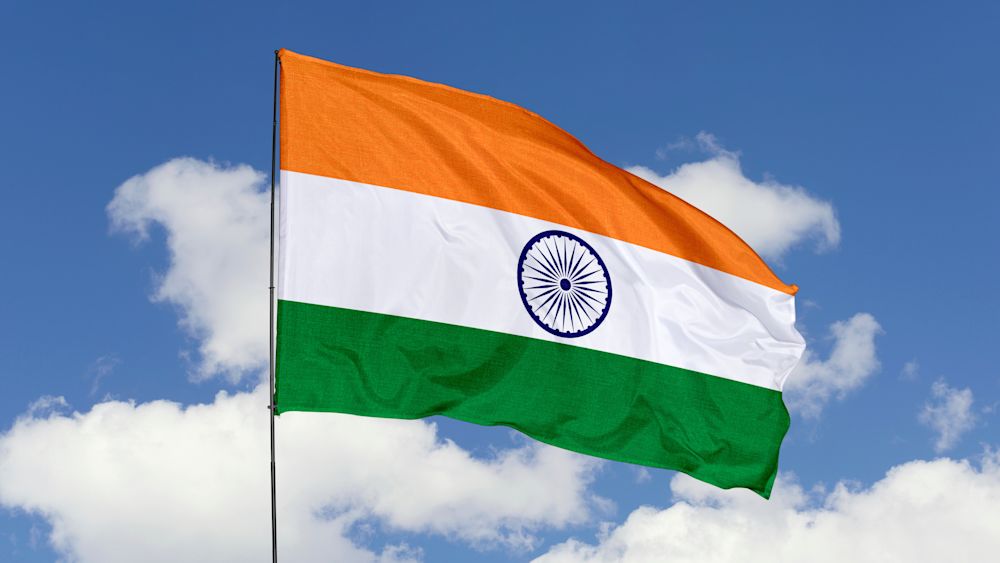- Iterate
- Meet The Team
- The Rise of Indian-born CEOs in Silicon Valley
Table of contents
Jack Dorsey stepped down as CEO of Twitter last week, and Parag Agrawal, the former CTO has replaced him in the top position after a unanimous vote made by the Board of Directors. Agrawal’s appointment into the most senior role at one of America’s largest technology companies amplifies the growing number of Silicon Valley CEOs of Indian origin.

Jack Dorsey stepped down as CEO of Twitter last week, and Parag Agrawal, the former CTO has replaced him in the top position after a unanimous vote made by the Board of Directors.
Agrawal’s appointment into the most senior role at one of America’s largest technology companies amplifies the growing number of Silicon Valley CEOs of Indian origin.
“Google, Microsoft, Adobe, IBM, Palo Alto Networks, and now Twitter run by CEOs who grew up in India. Wonderful to watch the amazing success of Indians in the technology world and a good reminder of the opportunity America offers to immigrants,” Patrick Collison, Stripe’s CEO tweeted.
Agrawal joined Twitter in 2011 as a Distinguished Software Engineer and was later promoted to CTO in October 2017, where he led machine learning and many of the company’s strategic initiatives. He will be one of the youngest CEOs to lead an S&P 500 company.
The success of Indian immigrants in Silicon Valley is not a coincidence — Agrawal is one of many Indian CEOs to lead tech companies now.
Highly educated skilled immigrants
Immigrants of Indian descent are among the most educated in the U.S. A Pew Research study shows that more than three-quarters of Indian immigrants had a bachelor’s degree or higher in 2016.
Many Indian CEOs, including Agrawal of Twitter, Sundar Pichai of Alphabet and Arvind Krishna of IBM are all graduates of the prestigious Indian Institutes of Technology (IIT), a university that is notorious for having a lower acceptance rate than Harvard, at only 2%. The university specializes in engineering, computer science and mathematics.
Indians made up more than two-thirds of the U.S. H1-B skilled immigrant visas in 2020 and this number has been consistent for many years — this is unlike many Chinese students, who prefer to find opportunities in their own country after graduating.
A culture of resilience and adaptability
From a young age, Indian children are taught that it is important to show respect to others. Most famously, former CEO of PepsiCo, Indra Nooyi, would write more than 400 letters each year to the parents of her top executives, thanking them for raising talented children, in hopes that they will be proud of their achievements.
Further, there are over 19,500 dialects spoken in India and 22 official languages recognized by the constitution. In a multiethnic country with limited opportunities, where there is a population of over 1.3 billion people, competition is extremely fierce. Those who are able to advance in this type of environment, are often ones who have learned the art of being resourceful, resilient and adaptable.
“India makes you quite resilient and adaptable. Even if you have a good lifestyle, you see extreme poverty, extreme wealth and everything in between,” Tarun Gupta, CEO of Stockland, an Australian property development company told The Australian Financial Review. “By the time I came to work here, I had lived in 10 cities, four universities and seven schools.”
These unique traits paired with moving to a completely new country, leaving behind family and friends to chase ambitions in a foreign land, have resulted in an abundance of qualified leaders that we now see in the U.S. tech community.
Taking over in times of turbulence
When Satya Nadella was named CEO of Microsoft, the company was on the edge of irrelevance and was notorious for its rigid and inflexible culture. By embracing curiosity and empathy he was able to motivate a cultural shift within the company. Under Nadella, Microsoft is now valued at $2.5 trillion, making it one of the most valuable companies in the world.
Nadella’s case is not unique, Pichai the CEO of Alphabet has managed to draw little criticism to his management style despite its ongoing challenges with diversity.
Studies have shown that Asian Americans are often likely to be promoted to senior positions in a company when there are times of uncertainty. Known for their ‘self-sacrificing’ qualities, they are often asked to navigate difficult situations. This phenomenon is not limited to Indian immigrants, as it is also the case for women and other ethnic minorities.
Create your own free org chart today!
Show off your great team with a public org chart. Build a culture of recognition, get more exposure, attract new customers, and highlight existing talent to attract more great talent. Click here to get started for free today.

